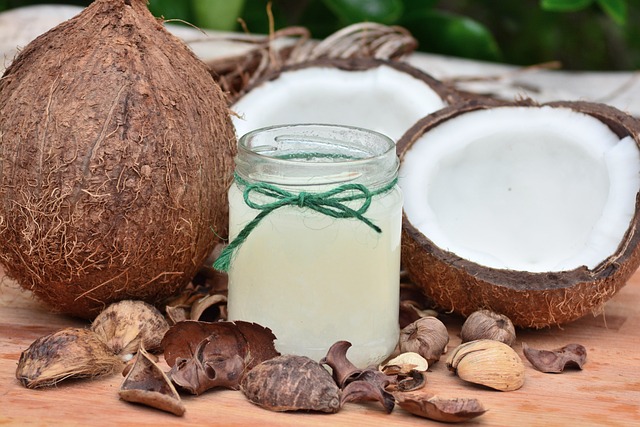The Surprising Benefits of Probiotics for Skin Health
Probiotics are live microorganisms that provide a wide range of health benefits when consumed. While most people associate them with gut health, probiotics have recently gained attention for their benefits to skin health as well.
What are Probiotics?
Probiotics are live microorganisms, usually bacteria, that are beneficial to the body when consumed. They are often found in fermented foods, such as yogurt or kefir, or in supplements. Probiotics become part of the natural microflora in the gut, where they provide a wide range of health benefits.
Benefits of Probiotics for Skin Health
The benefits of probiotics for skin health are surprising, and many people are unaware of them. Probiotics are believed to benefit the skin by improving the balance of bacteria on the skin, boosting the skin’s natural defenses, and reducing inflammation.
One of the most significant benefits of probiotics for skin health is that they can improve the appearance of the skin. Probiotics have been shown to reduce wrinkles, improve skin elasticity and hydration, and improve skin barrier function, which is essential to protecting the skin from external damage.
In addition to improving the appearance of the skin, probiotics are believed to be helpful in treating a range of inflammatory skin conditions. These include acne, eczema, rosacea, and psoriasis. Probiotics have been shown to reduce inflammation in these conditions and may help to improve symptoms.
How do Probiotics Benefit the Skin?
Probiotics benefit the skin in a number of ways. One of the most significant is by improving the balance of bacteria on the skin. The skin is home to a large number of bacteria, and an imbalance of these bacteria can lead to a range of skin problems. Probiotics can help to restore the balance of bacteria on the skin, reducing the risk of skin problems.
Additionally, probiotics are believed to stimulate the immune system, boosting the body’s natural defenses against harmful bacteria and other invaders. This can help to reduce the risk of infection and other skin problems.
Finally, probiotics have been shown to reduce inflammation in the body. Inflammation is a natural response to injury or infection, but chronic inflammation can lead to a range of health problems, including skin problems. Probiotics can help to reduce inflammation in the body, which may help to alleviate certain skin conditions.
How to Get More Probiotics in Your Diet
There are many ways to get more probiotics in your diet. Some of the best sources include yogurt, kefir, sauerkraut, kimchi, and kombucha. You can also find probiotic supplements at most health food stores. When choosing a probiotic supplement, look for one that contains a variety of different strains of bacteria and has a high potency.
In addition to eating probiotic-rich foods, it is also essential to follow a healthy and balanced diet to support your overall health. This includes eating plenty of fruits and vegetables, whole grains, and lean proteins, and avoiding processed foods and sugar.
Final Thoughts
Probiotics are a powerful tool for improving overall health, and their benefits to skin health are surprising. By improving the balance of bacteria on the skin, boosting the body’s natural defenses, and reducing inflammation, probiotics can help to improve the appearance of the skin and reduce the risk of inflammatory skin conditions. By incorporating probiotic-rich foods into your diet and following a healthy lifestyle, you can reap the benefits of probiotics for your overall health and skin health.







